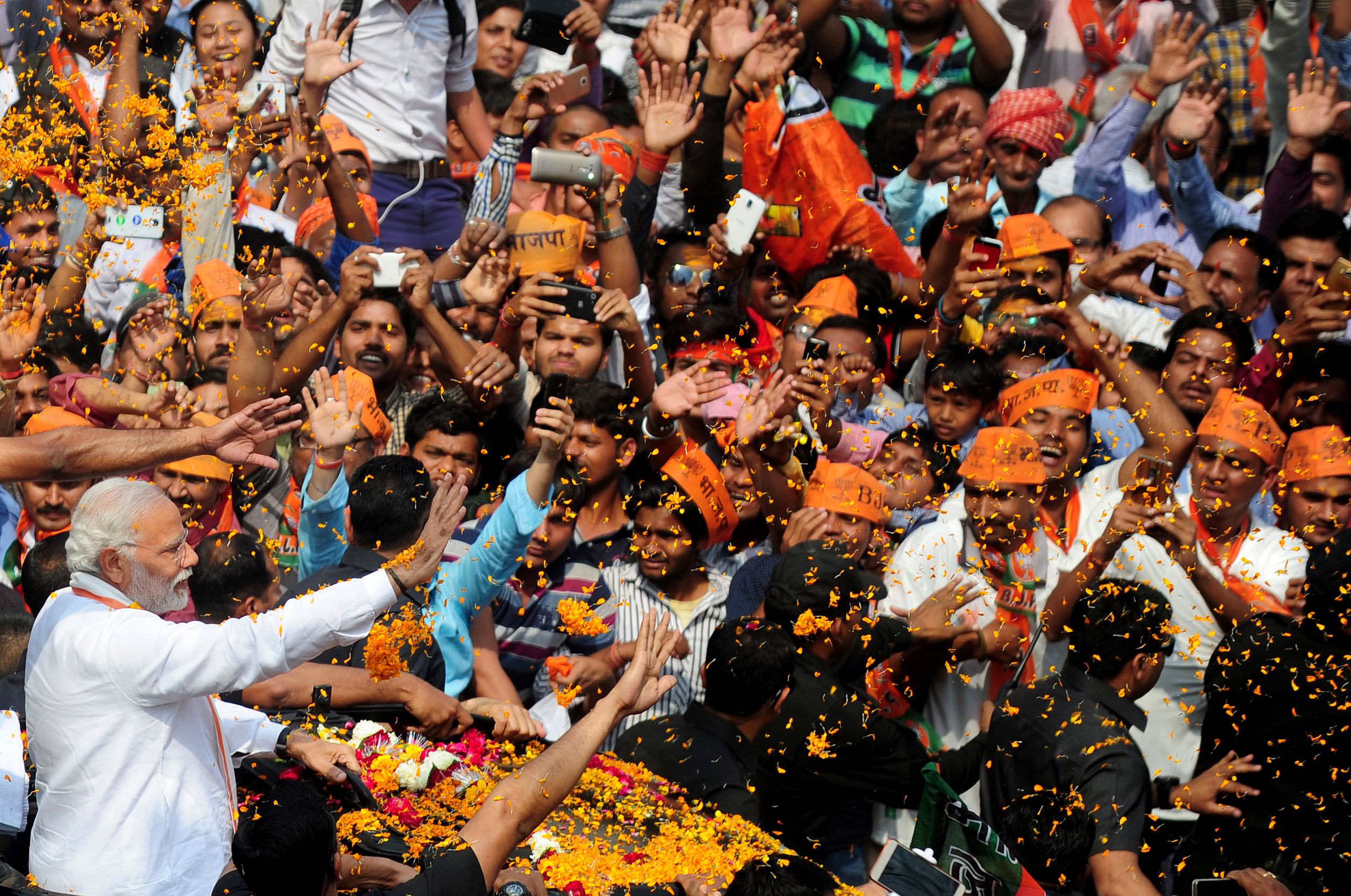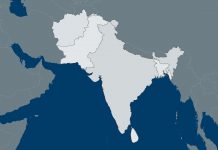Modi’s position is similar to a number of nationalist movements in other countries whose popularity has increased in recent years. The problem, however, is that the diversity of Indian society is orders of magnitude greater than that of countries like Spain, for example, or even China. This is what makes the Pew survey so arresting. It would be one thing if a large majority of Indians were simply happy with Modi’s economic policies and more assertive foreign policy. But the survey says most Indians are satisfied with the direction in which Modi is taking the country. If (and it’s a big if) the survey results mean the vast majority of Indians support Modi’s articulation of Hindu nationalism, then maybe a new Indian identity is emerging at the local level. Perhaps Modi is not driving India toward a more Hindu nationalist direction – perhaps India is becoming more Hindu nationalist, and Modi’s election and subsequent successes are an expression of that identity taking root.
If an Indian government, whether led by Modi or someone else, finds itself in charge of a unified India, it would be able to marshal India’s vast resources more efficiently than ever before. Then, India would no longer be the poor, decentralized, inefficient country it is today. With a unifying identity, India could become a powerhouse whose rise could have massive consequences for the balance of power not just in the Indo-Pacific but around the world.






 Special Collection – The Middle East
Special Collection – The Middle East